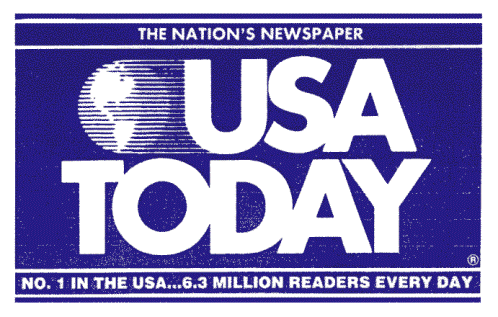Share this
In 2010, the Republicans took America’s pulse and concluded that voters still want jobs, jobs, jobs. So the new GOP majority in the House has also made health care — namely repealing the law enacted last year — its first priority.
Go figure.
Each party has dealt with this disconnect in its own way. The Democrats reasoned that the economy was recovering and that the public would come to embrace their health care measure as an important addition to financial security. They’re still waiting.
Republicans have opted for hollow rhetoric. They simply insert the words “job killing” before any mention of the health care law. It’s in the title of the repeal bill, expected to be voted on Wednesday. And House Speaker John Boehner, R-Ohio, used the term seven times in a 14-minute news conference on the first day of the new Congress.
Simplistic labels, such as the effort to rebrand the estate tax as the “death tax,” can be smart politics if they subtly alter people’s perceptions. But a heavy-handed approach like this, which tells people what to think without any explanation for why, is unlikely to be effective. Not only that, it flies in the face of reality.
The evidence that the medical care reform law will be a job-killer is slim to none. While there is no shortage of rosy or pessimistic assessments produced by groups on either side of this debate, the few independent studies of the law’s impact on jobs have offered up resounding shrugs. In 2009, researchers at the RAND Corp. and the Lewin Group said its overall job impact would be minimal.
The reason for this is simple. Whatever positive or negative can be said about the health care reform measure — and we believe that the pros outweigh the cons — the sad truth is it does little to alter the velocity of medical spending, which at the current rate of increase would push family insurance premiums to $25,000 a year within a decade.
Market forces, normally good for holding down spending, are virtually non-existent in health care because patients and providers are mostly spending other people’s money — an employer’s through work or the government’s through Medicare, veterans’ benefits or various other programs. In fact, government already pays for about half of all health care while providing hefty tax breaks for the half it doesn’t pay for, and every time government tries to be frugal, it’s accused of rationing and price fixing, not least by interests that benefit from the spending.
So costs rise everywhere. To the extent that the health law affects employment, it just continues the shift of jobs into medical areas at the expense of jobs in other sectors as the Baby Boom generation ages. Among the 20 professions projected to grow the fastest by the Labor Department, 10 are in health care; several others, in areas such as biochemistry and physical therapy, are related.
These trends should prompt lawmakers to focus on what they can do to improve the health care law and rein in surging costs. Slapping the “job killing” label on the repeal bill is an effort to avoid making tough decisions and coming up with better ideas.
Share this
Contact Us
Have questions? Send us a private message using the form below.


